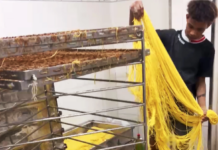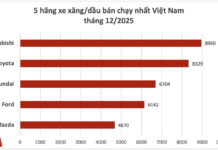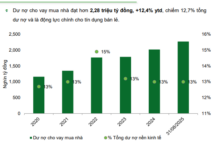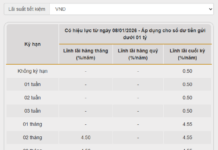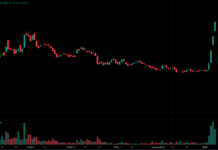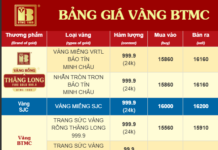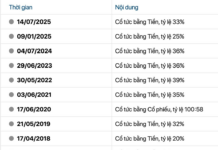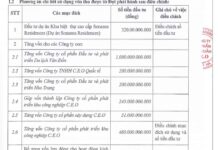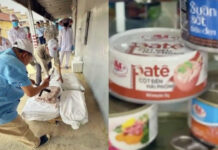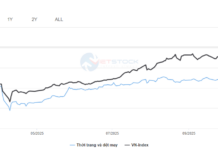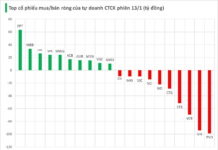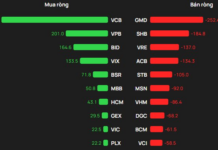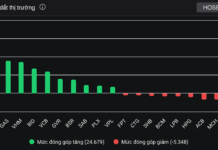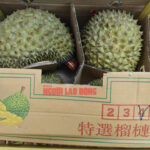Recalled exported goods still consumed domestically
One of the most notable examples involves durian exports to China, which have repeatedly been found to contain excessive levels of cadmium. According to Chinese regulations, as well as those of the EU, South Korea, and Taiwan, the allowable cadmium residue limit ranges from 0.02 to 0.05 mg/kg, depending on the type of fruit. In contrast, Vietnam has only set a cadmium residue limit of 0.02-0.2 mg/kg for vegetables, with no specific standards for fresh fruit.
When several batches of durian were rejected by China, some Vietnamese businesses simply redirected them to domestic wholesale markets without undergoing any further inspection or mandatory treatment. Unsuspecting local consumers ended up purchasing and consuming this fruit, unaware that it had been rejected by another country due to its potentially harmful heavy metal content.
Tien Phong reporters observed that in Nguyen Xien, Hanoi, durians were being sold at a discounted price of 35,000 VND/kg, mostly consisting of smaller fruits weighing between 800 grams and 1 kilogram, with no specified variety. In contrast, popular varieties like Ri6 and Thai lep still commanded prices ranging from 45,000 to 60,000 VND/kg. Social media platforms also witnessed a surge in posts advertising durians at incredibly low prices of 25,000-30,000 VND/kg, touted as “naturally ripened and non-fibrous.”
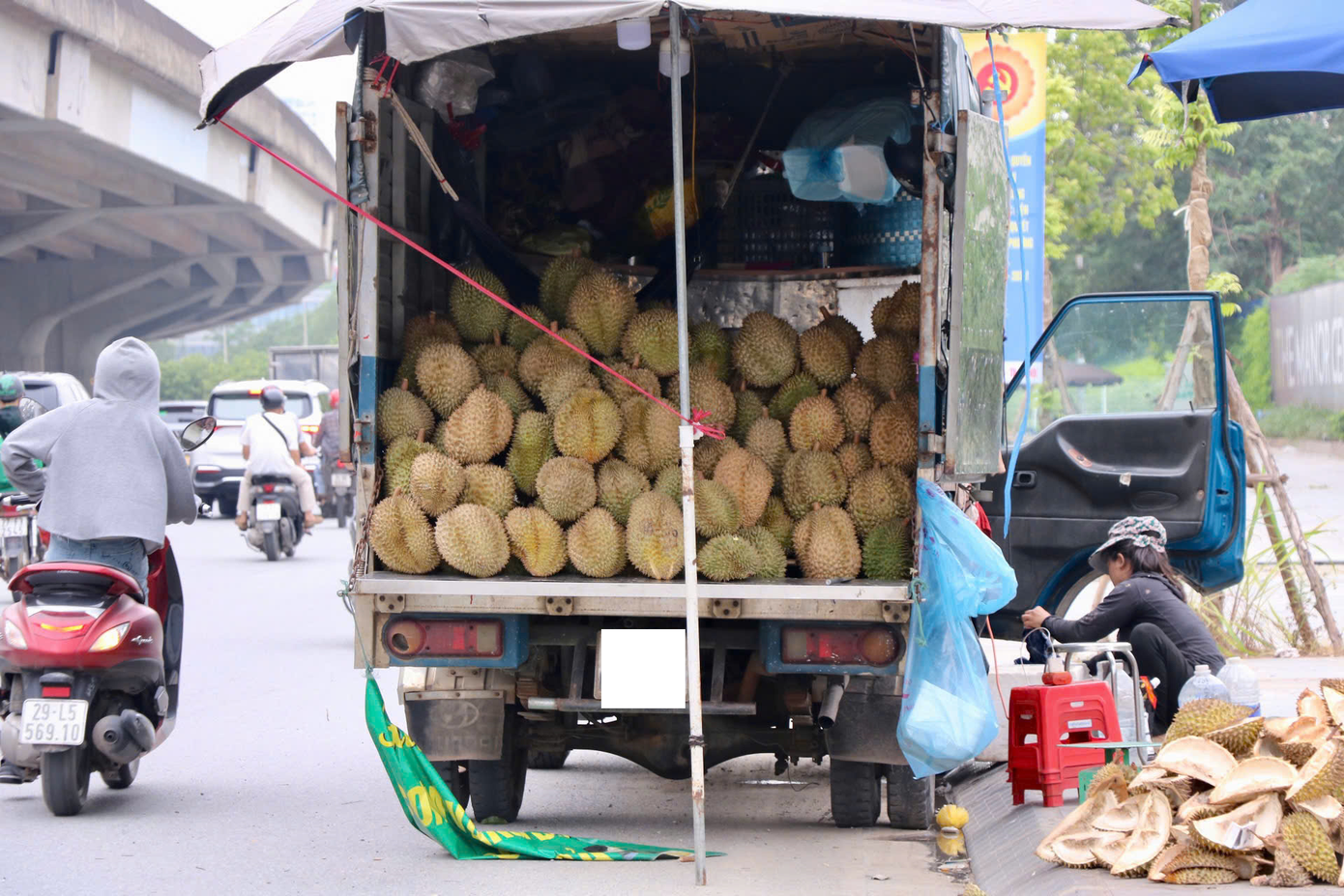
Inexpensive durians are being sold on sidewalks.
A durian trader revealed that the reason for the drastically reduced prices, a third of the peak prices in 2024, is that these fruits fail to meet export standards and are often fibrous, unripe, or of inferior quality.
“Currently, the purchase price for export-grade durians at the wholesale level remains at 75,000-76,000 VND/kg. Meanwhile, durians advertised at 30,000-35,000 VND/kg or lower are typically intended for lower-end consumers or further processing into ice cream and other products,” the trader explained.
This issue is not unique to durian; it also affects dragon fruit, one of Vietnam’s billion-dollar export products that has successfully penetrated demanding international markets. However, beyond the decade-old national standards for fresh dragon fruit, which primarily address external appearance and packaging, there are no clear quality standards in place.
Earlier this year, the European market issued a warning and requested the destruction of three batches of Vietnamese dragon fruit due to the detection of pesticide residues exceeding permissible limits. The identified substances included Pyraclostrobin, Forchlorfenuron, Propiconazole, Thiamethoxam, and Dithiocarbamates. Interestingly, these chemicals are notably absent from the list of maximum residue limits for pesticides in food stipulated by the Ministry of Health in Circular No. 50/2016. This discrepancy implies that dragon fruit sold in the domestic market, even if containing excess residues of these substances, can still be consumed without any regulatory consequences.
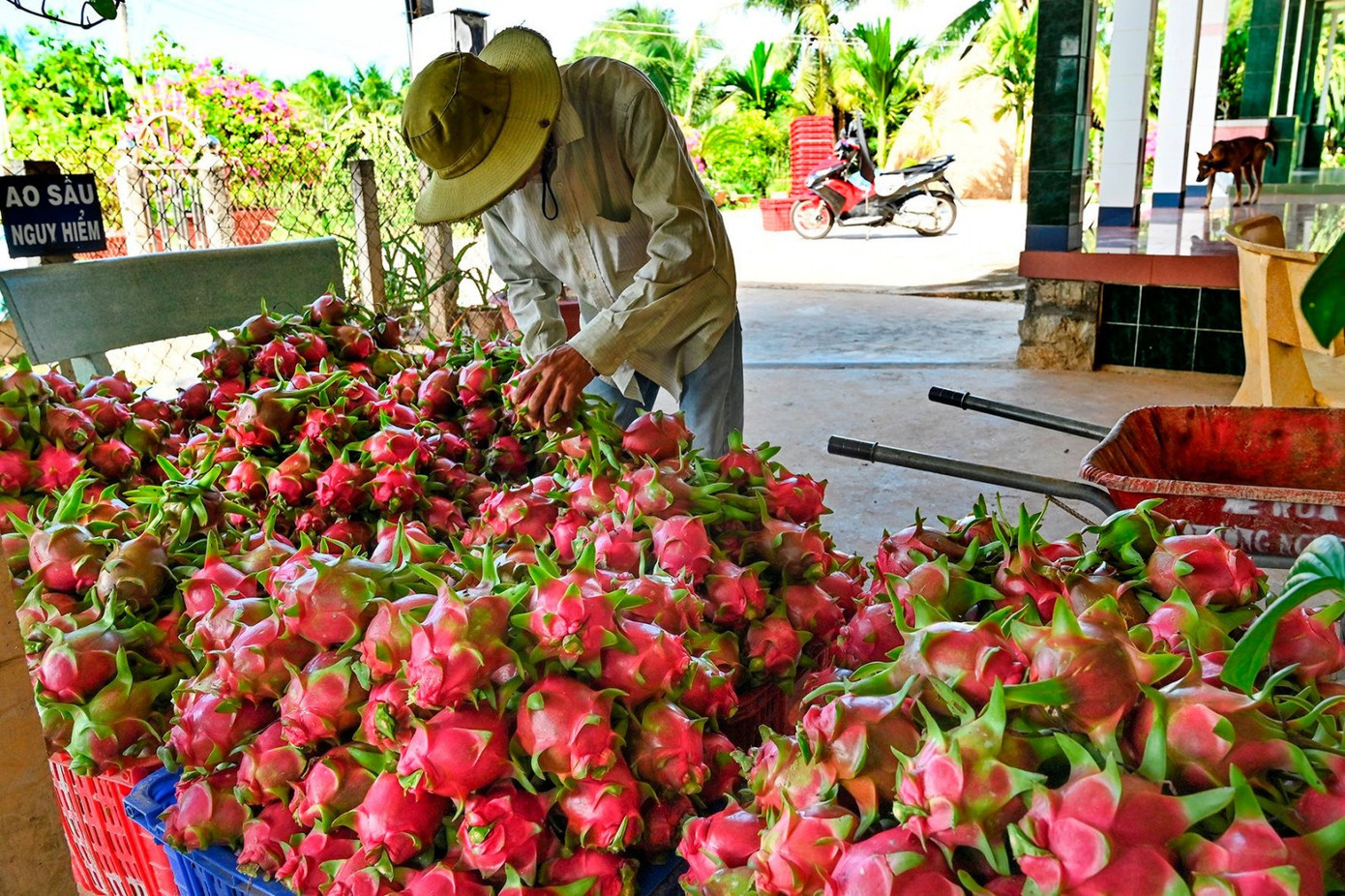
The lack of synchronization in quality standards between export and domestic consumption creates challenges for producers.
Similarly, a batch of mangoes exported from Vietnam was recently recalled by the Korean Food and Drug Safety Ministry (MFDS) due to the detection of Permethrin, a common insecticide. While MFDS advised consumers to return the product, Vietnam has not established maximum residue limits for pesticides, creating a regulatory vacuum in this regard. This situation is mirrored in the cases of other popular domestic fruits such as longan, lychee, and jackfruit.
Domestic produce often lacks quality standards
In reality, Vietnamese exports to international markets are subject to rigorous residue testing, contractual obligations, designated planting areas, and packaging requirements. Exporters are also expected to uphold labor standards and provide a safe working environment for their employees. Conversely, these stringent measures are not uniformly applied to domestic produce.
The most prominent benchmark for assessing the quality of domestic produce is the VietGap and Global Gap standards (good agricultural practices). However, compared to the vast expanse of agricultural land in Vietnam, the area under cultivation adhering to these standards is relatively small, resulting in a mix of variable-quality products in the market.
In an interview with Tien Phong , Mr. Nguyen Van Muoi, Vice Secretary-General of the Vietnam Fruit and Vegetable Association, asserted that a dual standard exists for the quality of agricultural and food products in Vietnam.
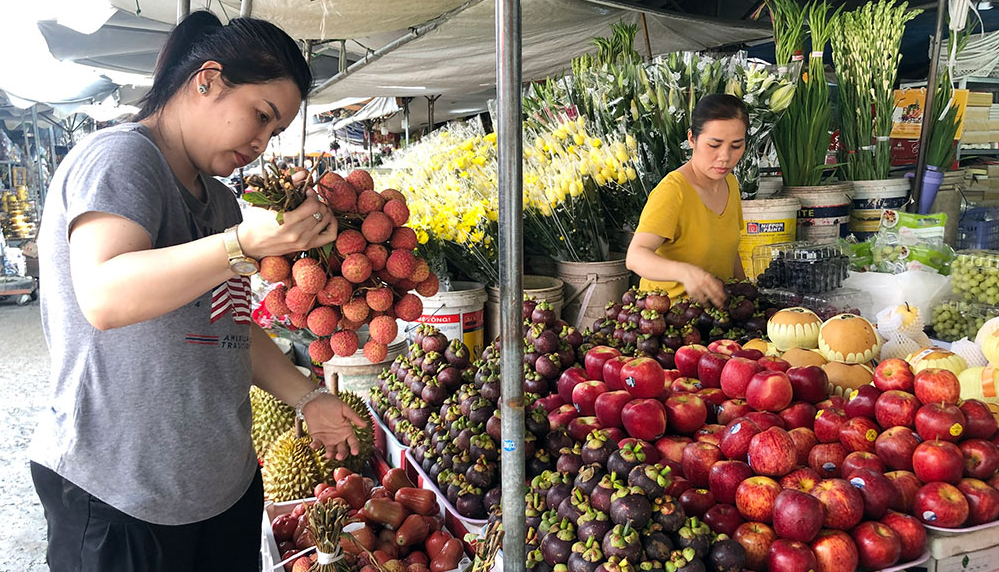
Vietnamese fruit exports face a dual standard in quality between exports and domestic consumption.
Mr. Muoi elaborated that in markets like the US, EU, and Japan, residue limits are not only meticulously specified for each crop but also rigorously monitored from production to processing, packaging, and consumption, whether for domestic sales or exports. This uniform system ensures fairness and safeguards the interests of local consumers.
Thai durians, for instance, undergo mandatory pre-harvest testing for food safety compliance before being released for either export or domestic consumption. This proactive approach to food safety management starts at the source.
“In Vietnam, there is no requirement for producers to test their products for chemical or pesticide residues before releasing them to the market. While food safety inspections are conducted periodically or as part of specific campaigns, what about the days in between? This situation poses a significant risk to consumers,” Mr. Muoi emphasized.
According to Mr. Muoi, the fundamental issue lies in the legal framework’s lack of synchronization. Standards like MRL (maximum residue limits) have primarily focused on exports and have been applied inconsistently across different product groups.
“If export-grade products meet certain standards, domestically consumed products should also adhere to comparable quality levels. It is unacceptable to have a two-tier system where exports receive the best produce while the domestic market is flooded with inferior goods. The challenge of boosting domestic consumption is not due to a lack of support for Vietnamese agriculture but rather the inconsistent quality of our products. Consumers are hesitant to repurchase after a disappointing experience. As long as we prioritize exports over the quality of domestically consumed goods, the puzzle of stimulating local demand will remain unsolved,” Mr. Muoi asserted.
The Vice Secretary-General of the Vietnam Fruit and Vegetable Association further highlighted that most domestically consumed fruits in Vietnam lack pre-market quality standards. In the absence of clear standards, consumers bear the brunt, and even sellers struggle to justify the wide price variations for the same product.
Recently, the Ministry of Agriculture and Environment issued a procedure for controlling food safety in fresh durian exports, mandating compliance with heavy metal residue limits specified in QCVN 8- 2:2011/BYT and pesticide residue limits outlined in Circular No. 50 of the Ministry of Health. However, according to Mr. Nguyen Van Muoi, Vice Secretary-General of the Vietnam Fruit and Vegetable Association, the specific implementation methods, monitoring entities, and oversight of durians consumed in Vietnam remain unaddressed.
The Shocking Truth: Over Two Tons of Putrid Cow Fat and Skin Almost Made it to Market
The Hanoi Market Management Bureau has made a disturbing discovery: over 2 tons of putrid cow fat and skin, which had to be completely destroyed. The business owner was fined 8 million VND for this offense.
“Vietnam’s Strategic Link in the Global Supply Chain”
Tetra Pak, the world’s leading food processing and packaging solutions company, has significantly boosted its production capacity at its Binh Duong sterile paper packaging plant. With this upgrade, the plant is now equipped to deliver over 30 billion packages annually, catering to the thriving Vietnamese market and beyond.
The Pork Crisis: Arrests Made in Thanh Hoa as Four are Caught Selling Pork Infected with African Swine Fever
The Thanh Hoa police have criminally detained four individuals for trading pork infected with the African swine fever virus, in violation of food hygiene and safety regulations.




